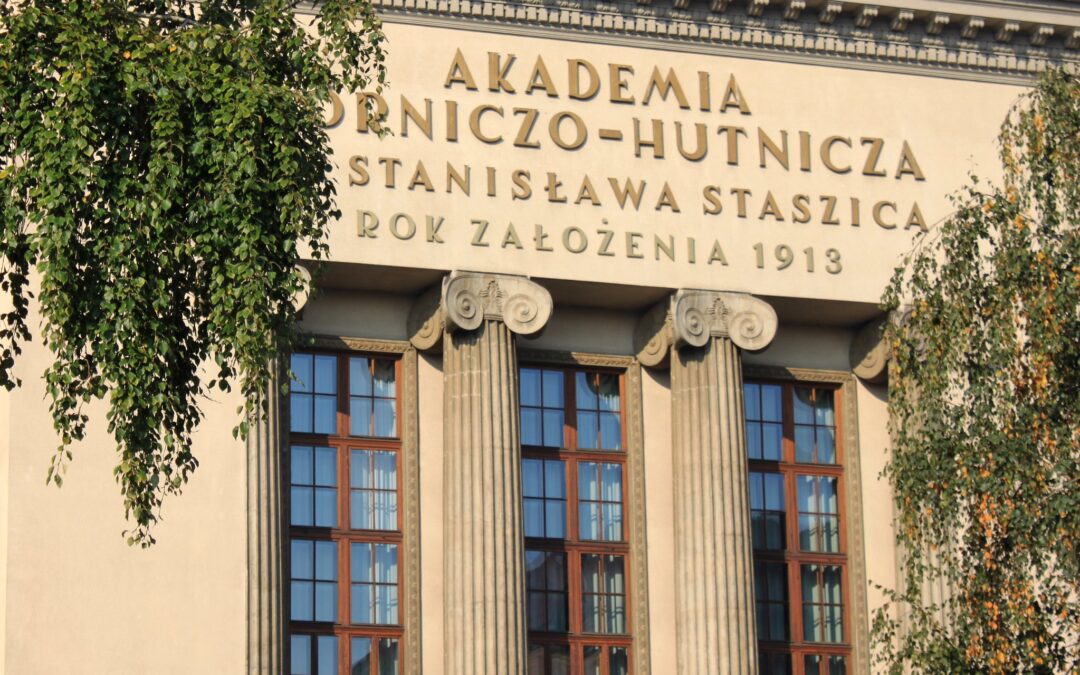After the first universities in Poland started requiring coronavirus vaccines in order to participate in certain parts of courses, legal experts have expressed doubts as to whether institutions can legally request such information from students and staff.
A faculty at AGH University of Science and Technology in Kraków has said students will only be able to participate in fieldwork and internships if they have received at least one vaccine dose, reports Rzeczpospolita. Unvaccinated students would need to be covered by a special protection system, says AGH, which would be “burdensome”.
“We must take care of everyone’s health,” said Anna Żmuda-Muszyńska, AGH’s spokeswoman, adding that the university wanted to return to in-person teaching in the new academic year.
In response, Poland’s commissioner for human rights has asked AGH to explain the legal basis for collecting information about whether students and staff have been vaccinated. Experts cited by Rzeczpospolita express doubt that it is permissible.
“Without the express consent of the person concerned or the lack of statutory regulation, the university has no right to demand from the student information about whether he or she has been vaccinated, let alone make access to classes dependent on vaccination,” a lawyer, Michał Matuszczak, told the newspaper.
“Differentiating students according to their health status seems highly doubtful in law,” said Dorota Głowacka of Panoptykon, an NGO that campaigns against a surveillance society. She worries that “granting privileges” to those who are vaccinated could “lead to the exclusion of part of society”.
In a separate case, the Clinical Hospital in Rzeszów said that it would only allow medical students who have received the COVID-19 jab to attend clinical exercises in its facilities.
After an intervention by the University of Rzeszów, which has a contract with the hospital, the requirement was limited to holiday internships, though these are still a required part of courses. Unvaccinated students must seek such internships at other facilities.
Other higher-education institutions, including the University of Warsaw, are trying to encourage students and staff members to take part in vaccine drives, but insist that the decision is ultimately a personal one.
In Poland, the highest rate of unwillingness to be vaccinated, 41%, is found among 18- and 19-years-olds, according to a poll cited by Rzeczpospolita.
On Tuesday Poland approved the use of the coronavirus vaccines on children aged 12 years and above. The group of around 2.5 million children can start receiving Pfizer jabs from 7 June.
As of this morning, Poland had administered over 20.5 million coronavirus vaccines, with 7.3 million people (around 19% of the population) fully vaccinated.
Main image credit: J. Nowostawska-Gyalókay MIK 2017 (under CC BY-SA 2.0)

Maria Wilczek is deputy editor of Notes from Poland. She is a regular writer for The Times, The Economist and Al Jazeera English, and has also featured in Foreign Policy, Politico Europe, The Spectator and Gazeta Wyborcza.




















